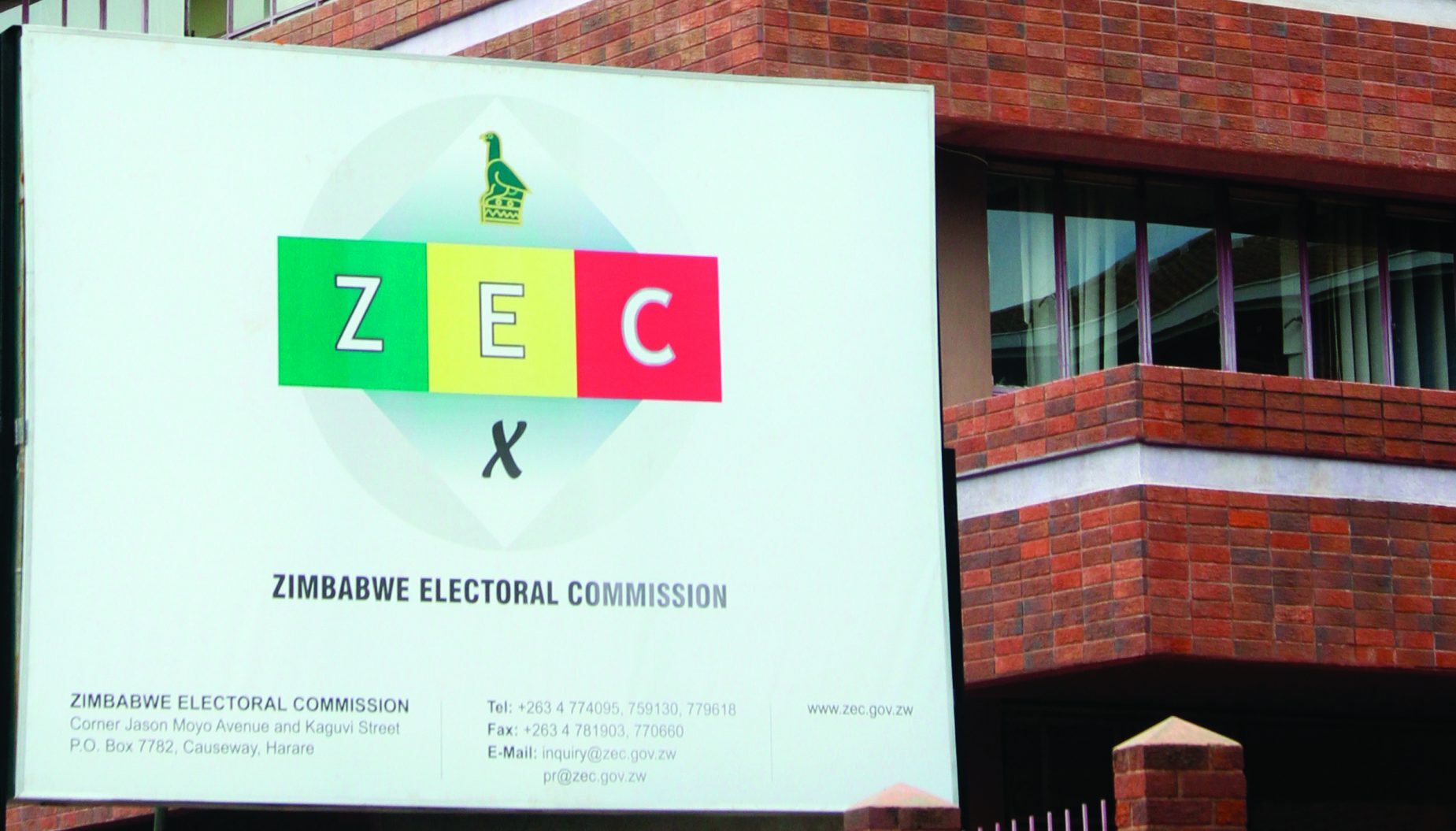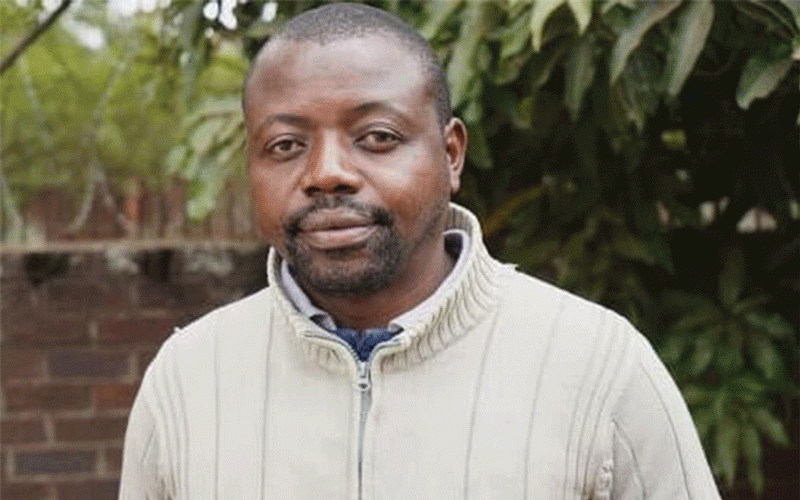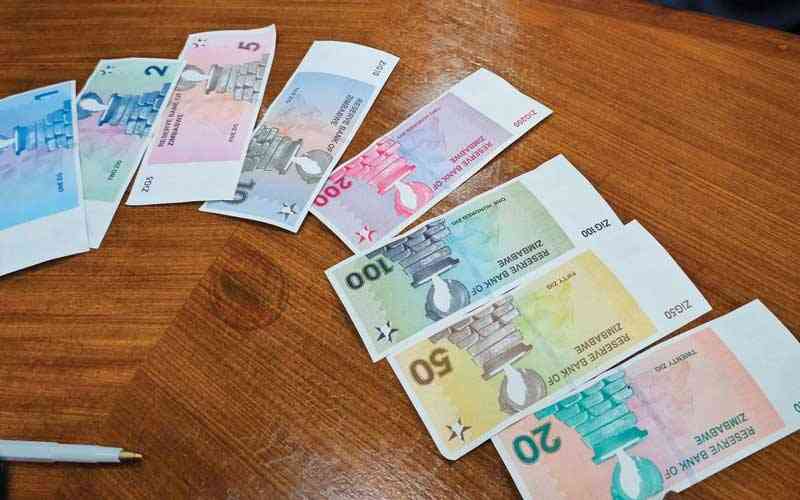
THE Zimbabwe Electoral Commission (Zec) has decided to be brutally macho by gagging citizens who post “damaging” information on Twitter and Facebook about the way it handles elections in the country.
In other words Zec wants “sweet” and “flowery” posts about how it has and will handle elections. Zec wants everyone to heap praises on it and for people to see and hear no evil about the electoral body.
Unfortunately, Zec reminds some of us of a certain King Lear in William Shakespeare’s play of the same name.
King Lear, the play, is a tragedy in which an aging King Lear decides to step down from the throne and divide his kingdom evenly among his three daughters. But first, he puts his daughters through a test, asking each to tell him how much they love him. The two eldest daughters flatter their father with pleasing answers. But Lear’s youngest daughter remains silent because she has no words to describe how much she loves her father. Lear flies into a rage and disowns her and divides the kingdom between his two eldest daughters. However, later Lear realises his bad decision when his two eldest daughters shun him. But tragic events unfold that end up with him and all his daughters dying.
The moral of the story? Flattery has tragic consequences.
Zec spokesperson Jasper Mangwana says: “We are trying to just follow what other countries are doing to ensure that towards an election there is no misinformation and disinformation which may cause instability and violence. Those who would post incorrect information will be asked to pull it down because we noted that there is a lot of false information peddled online. The commission would have a proper way to ensure that there is no (bad) information which would have implications on free and credible election.”
Granted, social media is awash with false information, but if Zec simply did what it is mandated to do under the country’s supreme law, we do not see where the problem comes from.
If someone posts falsehoods, the law should simply take its course and bring the culprit to book. Gagging people will only serve to create the impression in people that Zec is trying to hide something. History and recent experience has shown us it has plenty to hide.
- Chamisa under fire over US$120K donation
- Mavhunga puts DeMbare into Chibuku quarterfinals
- Pension funds bet on Cabora Bassa oilfields
- Councils defy govt fire tender directive
Keep Reading
Maybe Zec should give us examples of these damaging posts so that we are enlightened. Zec also talks of misinformation that “may cause instability and violence.” Need we remind Zec that the last time violence flared over elections, it was caused by Zec’s delay in announcing results of the 2018 polls and not tweets.
Need we also remind Zec that what it intends to do might end up being a very painful exercise which may only result in souring relations between it and the voters.
Besides, does Zec know that Twitter has now been bought by the world’s richest person, Elon Musk, who is a staunch believer in, and advocate of free speech?
And this is what Musk said recently soon after buying Twitter for US$44 billion: “Free speech is the bedrock of a functioning democracy, and Twitter is the digital town square where matters vital to the future of humanity are debated.”
Given this turn of events, we see Zec developing migraine headaches trying to convince Twitter to gag Zimbabweans from showing how its incompetence and inability to run free and fair elections has compromised democracy in the southern African country.
Only the truth will set Zec free and so it should be faithful to its duty as dictated by the country’s Constitution.











